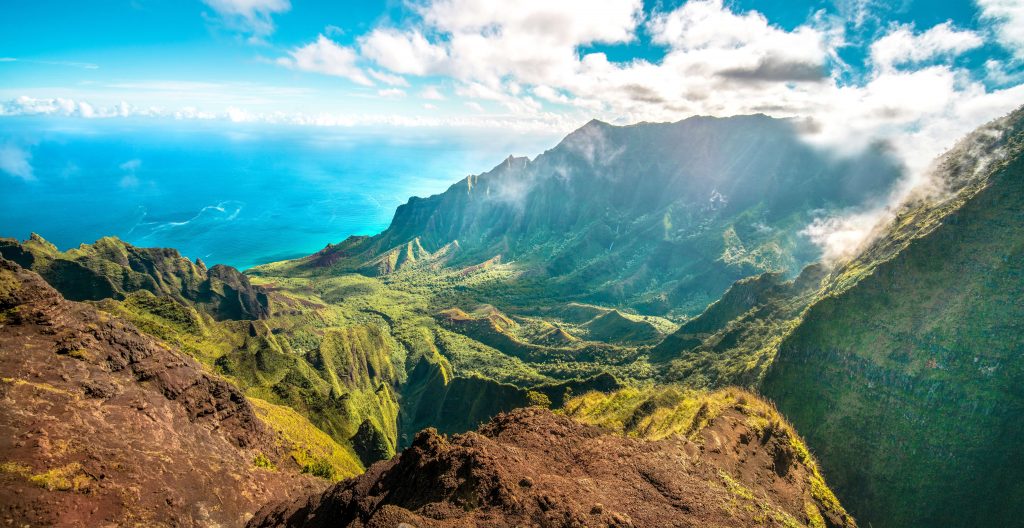Ko Mākou Moʻolelo
Who We Are
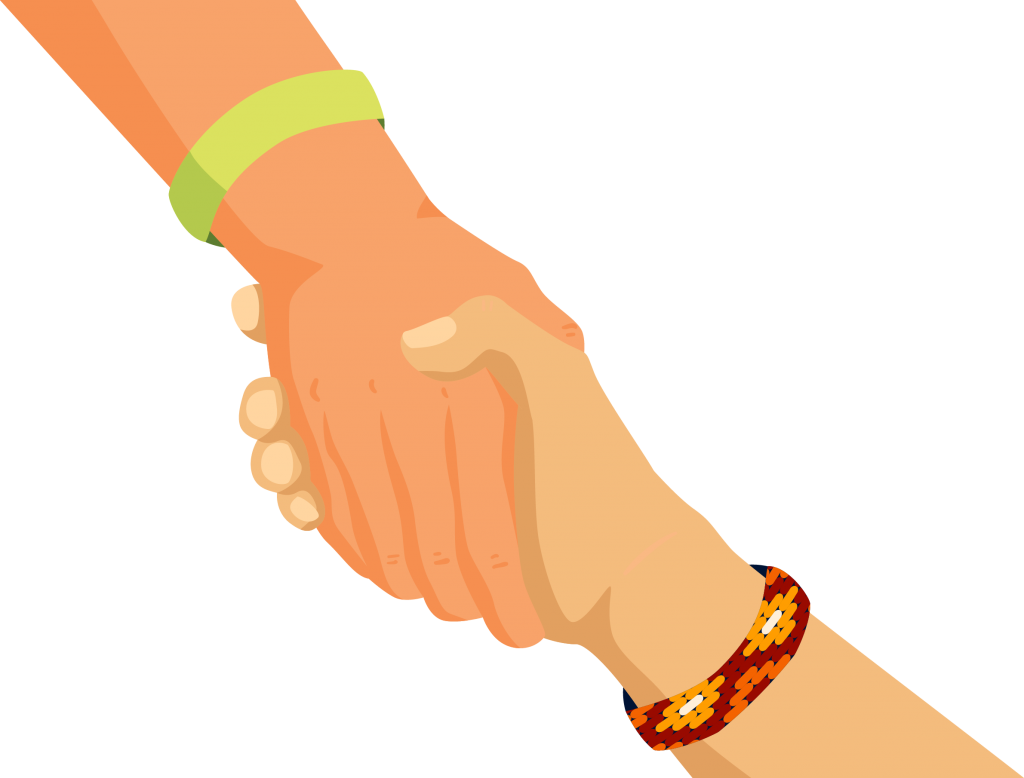
We were born out of the recognition that our Native Hawaiian and Pacific Islander haumāna needed and deserved behavioral health support that is culturally relevant and responsive. We believe in the power of knowing your history, acknowledging the impacts of historical and intergenerational trauma on our experiences today, and helping the lāhui thrive, one healthy and resilient haumana at a time.
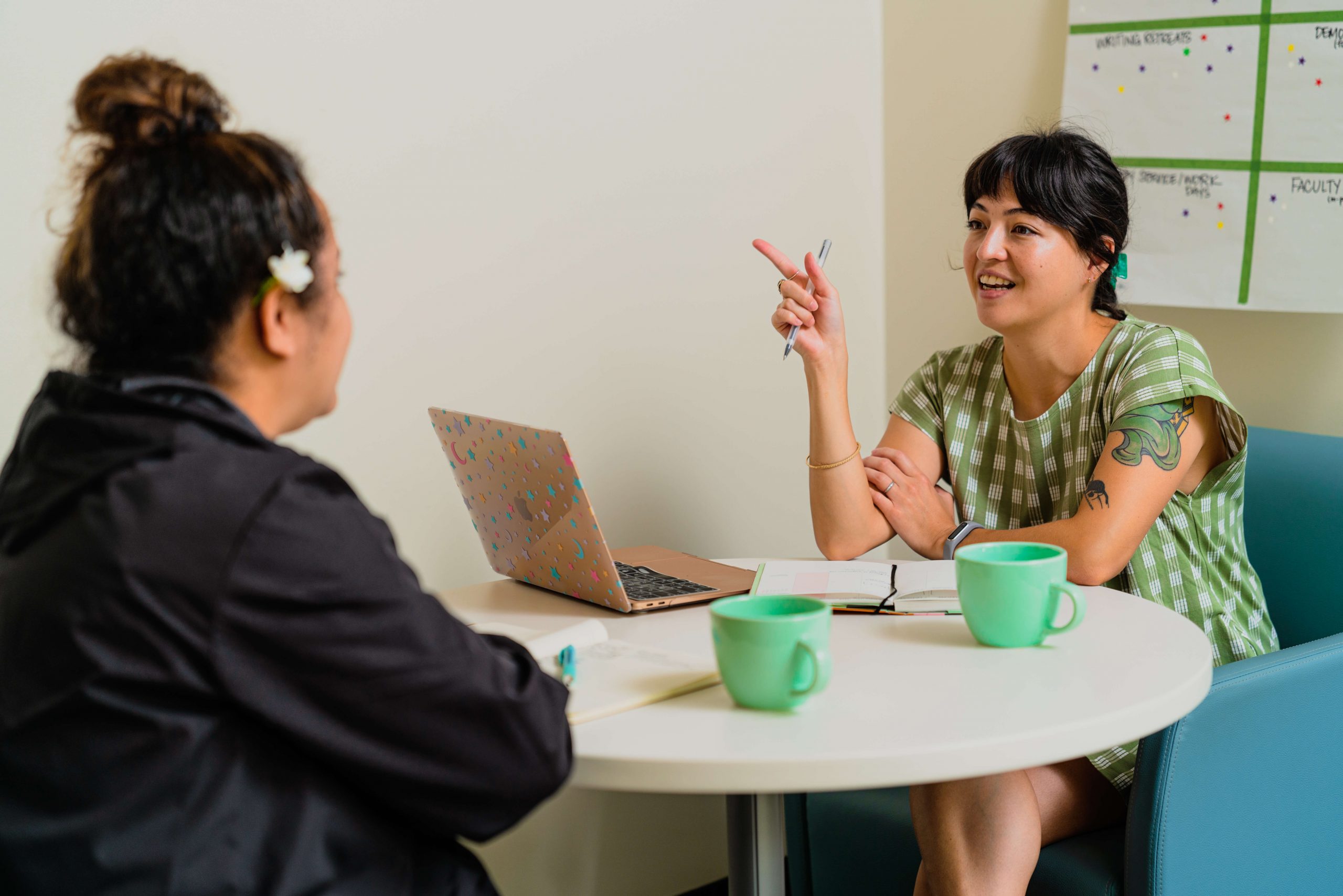
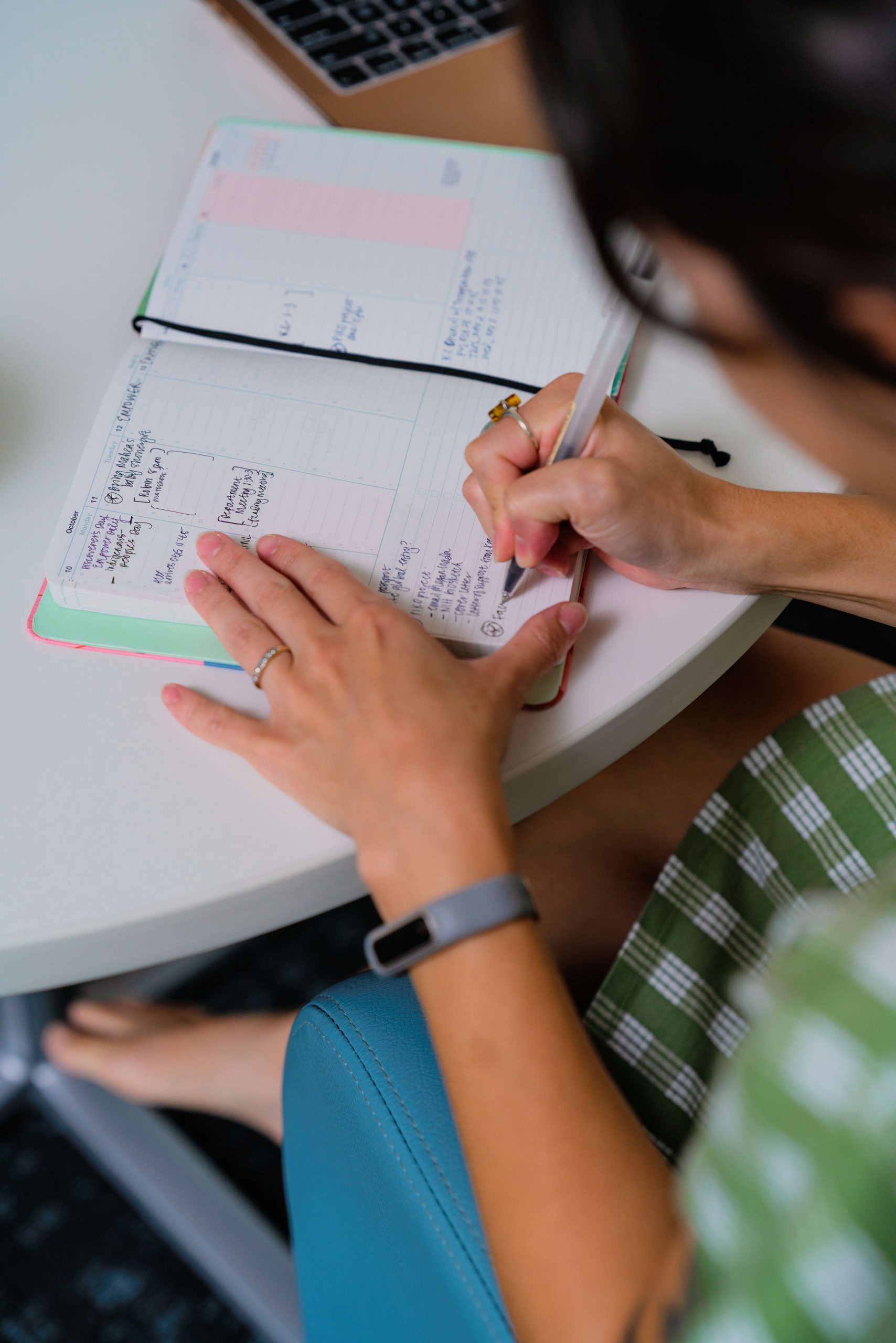
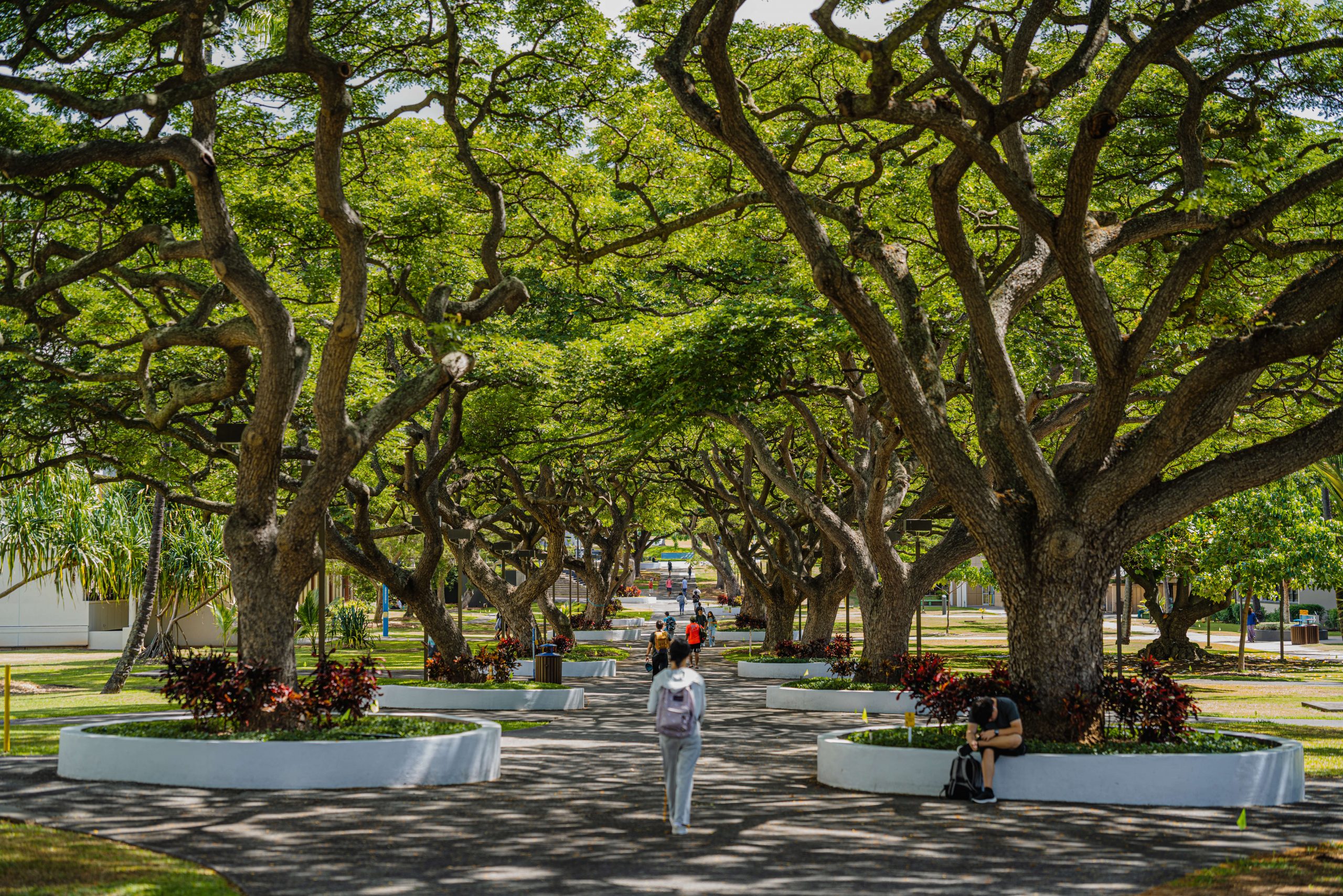
Mākia
Manaʻolana
Kumu Pa’a
The mission of Ka Malu a Waʻahila is to utilize an indigenous-informed lens to foster belonging for all students, faculty and staff at the University of Hawaiʻi at Mānoa to elevate the behavioral health of the lāhui.i.
An abundant, vibrant, and psychologically resilient lāhui
We believe that decolonizing mental health and improving access to culturally safe and responsive services is an act of psychological self-determination and moves us in the direction of collective mauli ola.
- Mission
- Vision
- Purpose
Ua hoʻokāhua ʻia kēia papahana no ke kākoʻo ʻana i nā Kānaka Hawaiʻi Maoli a me nā ʻŌiwi o ka Moananuiākea i ka paepae ʻana ā paʻa ke kahua mauli ola ma o ka ʻīnana ʻana iho i ke ahi ʻā loa ʻo ka Mauli Kānaka, Mauli ʻŌiwi, Mauli Ola. E kū kānaka i nā ala kuamoʻo o ke au kahiko, e haʻi aku i ko lākou moʻolelo ʻōiwi a e kaʻi ʻia akula ke ala ā hiki aku i hiki ola.
Hoʻopili
engagement, to bring our haumāna and stakeholders together and build community within the university
Hoʻomālamalama
enlightenment, to make the world a better place, to address the unique needs of our haumāna
Hoʻomana
empowerment, to empower our student body to develop their skills and feel confident to handle lifeʻs challenges
Hoʻokāhuli
transformation, to enact systemic change and shift policies to address systemic racism, reduce trauma, and achieve health equity for our haumāna
Principles
Nā Loina
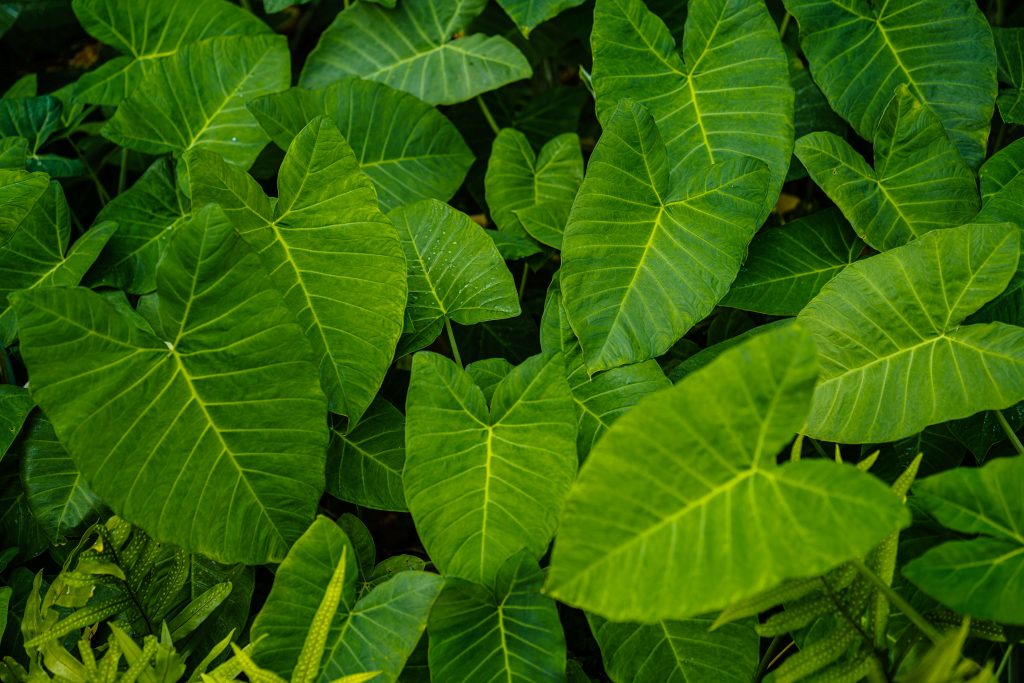
Cultural Safety
Our clinicians value the importance of shifting beyond cultural competency into cultural safety, which necessitates engaging in ongoing self-reflection and awareness to hold ourselves and our systems accountable for addressing biases, attitudes, and assumptions that impact clinical interactions and the therapeutic relationship. Cultural safety also requires us to actively reduce bias and achieve health equity.
Read more about cultural safety. Click here.
Pilinahā:
Our clinicians are grateful for the guidance of the Pilinahā framework, which offers a definition of health and well-being as the following:
- Connection to place - to have a kinship with ʻaina
- Connection to community - to love and be loved; to understand and be understood
- Connection to past and future - to have kuleana (a purpose in the world)
- Connection to your better self - to find and know yourself
Read more about Pilinaha. Click here.
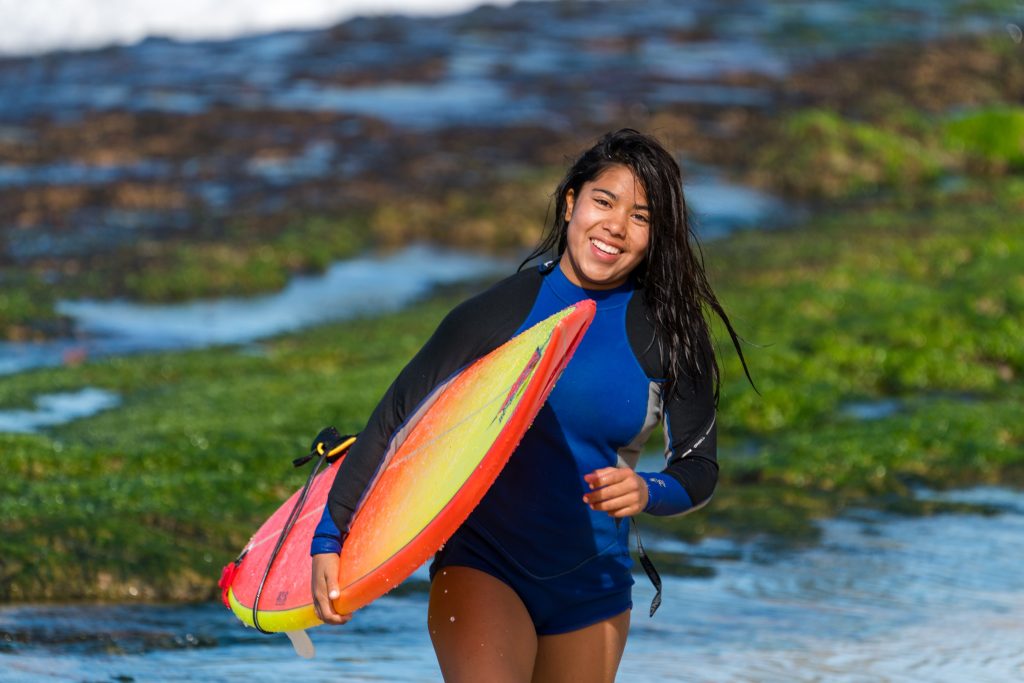
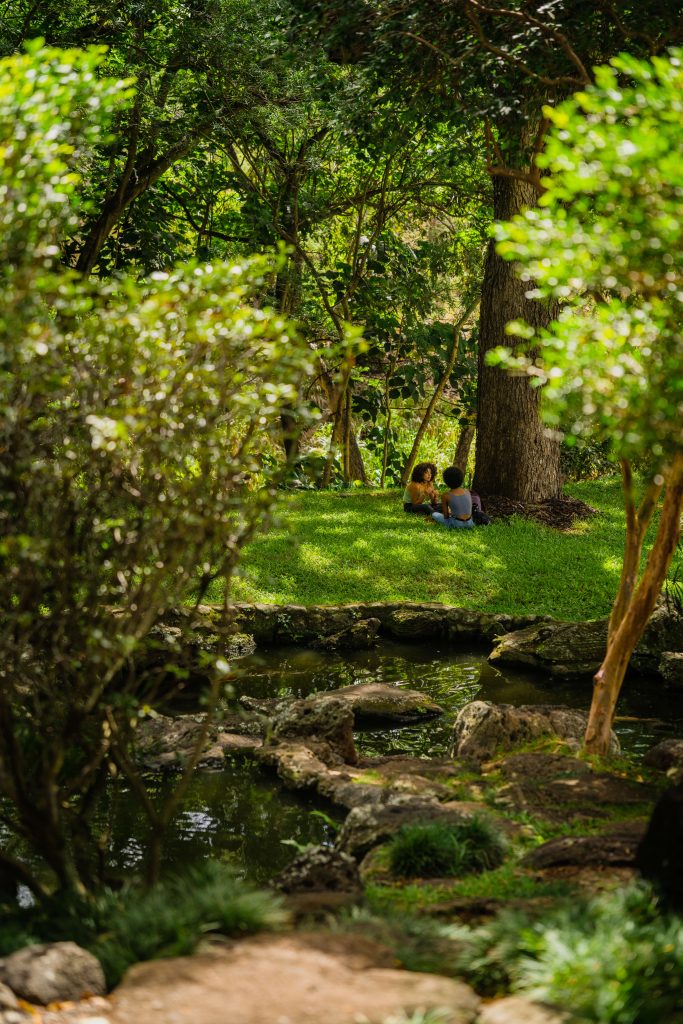
Trauma-informed Care
Our clinicians practice from a trauma-informed care perspective, which understands that trauma is pervasive, and a component of our shared histories as indigenous peoples. We aim to avoid any practices that may inadvertently re-traumatize and instead seek to promote an environment of healing and empowerment.
Social determinants of health, antiracism, and health equity:
Social determinants of health are the contexts and conditions in the environments in which people live, work, and play that affect their health, well-being and quality of life. Risk factors such as poverty or systemic racism can directly negatively impact an individualʻs and communityʻs health, and are necessary to address in order to achieve health equity (ensuring all people have equal opportunity to live the healthiest life possible). Antiracism, or the process of actively supporting policies that ensure racial equality, is one example of working toward health equity, and is a core tenet of our philosophy.
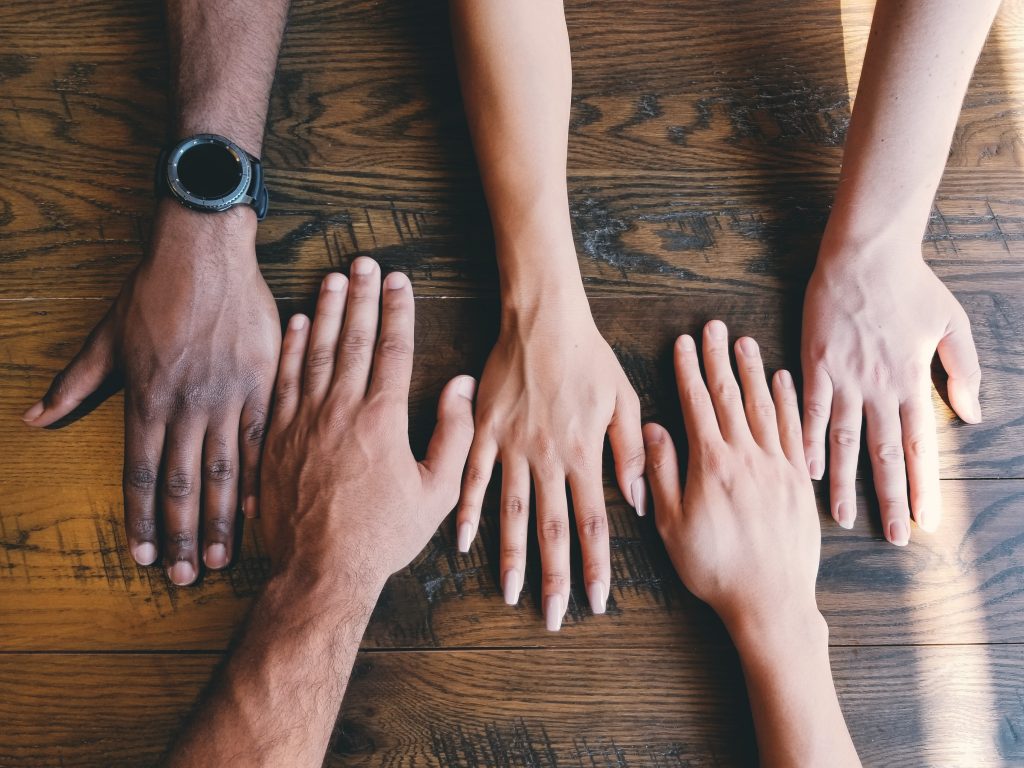
Meet your clinicians
Eia aʻo nā aʻoaʻo
Mahealani Malepeai, LCSW
Lead Clinician
Junior Specialist, Department of Native Hawaiian Health, John A. Burns School of Medicine, University of Hawai’i at Mãnoa. Mahealani was born in Islip, New York raised on both the East Coast and in O’ahu until finally settling in O’ahu in 2002. She is a graduate of Kalani High School, and has her undergraduate and graduate degrees from Hawai’i Pacific University in Social Work. She is a Licensed Clinical Social Worker. Ethnically, she identifies as Samoan, Hawaiian, Maori, French Canadian and Swedish and finds comfort and inspiration in learning about Hawai’i where she calls home. She feels there is a connection and appreciation for all Pacific Island culture especially here in Hawai’i. She has a passion for helping people and perpetuating cultural practice and land conservation. She has worked in the medical social work field for 14 years in different settings. Now her focus is on assisting Native Hawaiian and Pacific Islander students navigate through some of their first independent, exciting, and trying times of their lives. She enjoys spending time with her family and gardening.
Jillian Freitas, PsyD
Program Director
Assistant Professor, Department of Native Hawaiian Health, John A. Burns School of Medicine, University of Hawai’i at Mānoa. Dr. Freitas was born and raised in Mililani, Oʻahu, and graduated from Kamehameha Schools Kapālama. Ethnically, she identifies as the typical plantation mix - Japanese, Portuguese, Belarusian, and Native Hawaiian - and finds comfort and inspiration in learning more about each of her cultural backgrounds. She obtained her undergraduate degree at Chapman University (Orange, CA) and her doctoral degree in clinical psychology, with an emphasis in child and adolescent psychology, at Pacific University (Hillsboro, OR). She returned home to the islands to complete her pre- and post-doctoral training at Waiʻanae Coast Comprehensive Health Center before moving to Maui to develop a behavioral health program within the Native Hawaiian Health Care System at Hui No Ke Ola Pono. Now, Dr. Freitas serves the lāhui through both clinical and academic endeavors–as an integrated primary care psychologist at EmPower Health (Queen's Health Systems) and as a faculty member of JABSOM involved in teaching, research, and program development. She enjoys fostering empathy skills in medical students as a means of approaching health equity for all. Dr. Freitas also represents JABSOM on the statewide Trauma-Informed Care Task Force, and is a member of the workforce committee of E Ola Mau a Mau (Papa Ola Lōkahi) . She is passionate about the intersection of cultural identity and behavioral health, and understanding the backdrop of social and cultural determinants of health and resilience as a pathway for reducing health disparities. She is also a fierce ally and advocate for trans, non-binary, gender diverse and other LGBTQAI youth and families. As a mama of two and a certified perinatal mental health clinician, she enjoys supporting birthing people and their partners as they navigate fertility, pregnancy, postpartum and the parenting experience. In her moments of self-care, Dr. Freitas can be found decompressing with a yoga practice, running outdoors, devouring fictional novels, tucking away with a quiet craft project, watching British mysteries, and rambling through hiking trails with her ʻohana.
Jillian Freitas, PsyD
Program Director
Assistant Professor, Department of Native Hawaiian Health, John A. Burns School of Medicine, University of Hawai’i at Mānoa. Dr. Freitas was born and raised in Mililani, Oʻahu, and graduated from Kamehameha Schools Kapālama. Ethnically, she identifies as the typical plantation mix - Japanese, Portuguese, Belarusian, and Native Hawaiian - and finds comfort and inspiration in learning more about each of her cultural backgrounds. She obtained her undergraduate degree at Chapman University (Orange, CA) and her doctoral degree in clinical psychology, with an emphasis in child and adolescent psychology, at Pacific University (Hillsboro, OR). She returned home to the islands to complete her pre- and post-doctoral training at Waiʻanae Coast Comprehensive Health Center before moving to Maui to develop a behavioral health program within the Native Hawaiian Health Care System at Hui No Ke Ola Pono. Now, Dr. Freitas serves the lāhui through both clinical and academic endeavors–as an integrated primary care psychologist at EmPower Health (Queen's Health Systems) and as a faculty member of JABSOM involved in teaching, research, and program development. She enjoys fostering empathy skills in medical students as a means of approaching health equity for all. Dr. Freitas also represents JABSOM on the statewide Trauma-Informed Care Task Force, and is a member of the workforce committee of E Ola Mau a Mau (Papa Ola Lōkahi) . She is passionate about the intersection of cultural identity and behavioral health, and understanding the backdrop of social and cultural determinants of health and resilience as a pathway for reducing health disparities. She is also a fierce ally and advocate for trans, non-binary, gender diverse and other LGBTQAI youth and families. As a mama of two and a certified perinatal mental health clinician, she enjoys supporting birthing people and their partners as they navigate fertility, pregnancy, postpartum and the parenting experience. In her moments of self-care, Dr. Freitas can be found decompressing with a yoga practice, running outdoors, devouring fictional novels, tucking away with a quiet craft project, watching British mysteries, and rambling through hiking trails with her ʻohana.
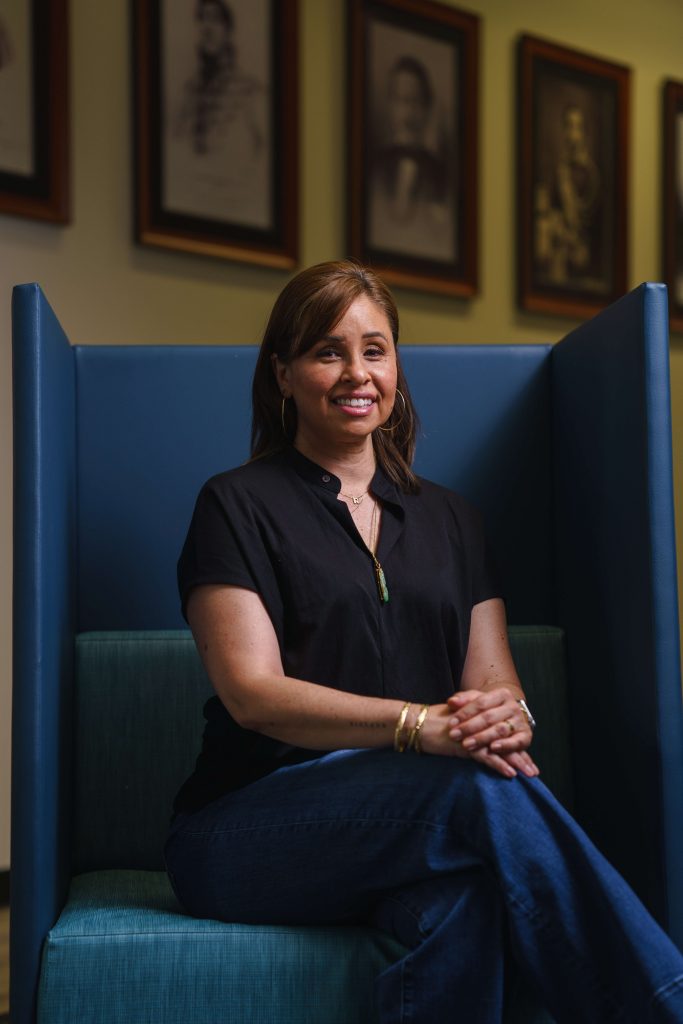
Robin Miyamoto, PsyD
Director of Clinical Services
Assistant Professor and Director of Clinical Services, Department of Native Hawaiian Health, John A. Burns School of Medicine, University of Hawai’i at Mānoa. Dr. Miyamoto is a licensed clinical psychologist who earned her PsyD from Argosy University and completed her clinical training at Tripler Army Medical Center with a specialty in Health Psychology/Behavioral Medicine. For the last 15 years, she has been active in promoting training opportunities in primary care psychology, particularly in rural and underserved communities within the state of Hawai’i. She is a past President of the Hawai’i Psychological Association and a member of Nā Limahana of Lonopūhā Native Hawaiian Health Consortium. She is currently serving the lāhui as an integrated primary care psychologist at an ambulatory clinic (QUMC-Kahala) within the Queen’s Health Systems, and through her practice with University Health Partners Lau Ola Clinic, specializing in supporting patients with diabetes, renal disease, liver disease, and cancer. In her academic work, Dr. Miyamoto oversees all clinical activities of the Department of Native Hawaiian Health, including Lau Ola Clinic, Ka Malu a Wa’ahila, as well as the ongoing medical care to patients in Kalaupapa. In addition to her role as a lecturer and Problem-Based Learning tutor for medical students, she also serves as a consultant for the Geriatric Workforce Enhancement Program and is a Robert Wood Johnson Clinical Scholar. In her free time, Dr. Miyamoto enjoys hiking, baking, and spending time with her family and dogs.
Mahealani Malepeai, LCSW
Lead Clinician
Junior Specialist, Department of Native Hawaiian Health, John A. Burns School of Medicine, University of Hawai’i at Mãnoa. Mahealani was born in Islip, New York raised on both the East Coast and in O’ahu until finally settling in O’ahu in 2002. She is a graduate of Kalani High School, and has her undergraduate and graduate degrees from Hawai’i Pacific University in Social Work. She is a Licensed Clinical Social Worker. Ethnically, she identifies as Samoan, Hawaiian, Maori, French Canadian and Swedish and finds comfort and inspiration in learning about Hawai’i where she calls home. She feels there is a connection and appreciation for all Pacific Island culture especially here in Hawai’i. She has a passion for helping people and perpetuating cultural practice and land conservation. She has worked in the medical social work field for 14 years in different settings. Now her focus is on assisting Native Hawaiian and Pacific Islander students navigate through some of their first independent, exciting, and trying times of their lives. She enjoys spending time with her family and gardening.
Jillian Freitas, PsyD
Program Director
Assistant Professor, Department of Native Hawaiian Health, John A. Burns School of Medicine, University of Hawai’i at Mānoa. Dr. Freitas was born and raised in Mililani, Oʻahu, and graduated from Kamehameha Schools Kapālama. Ethnically, she identifies as the typical plantation mix - Japanese, Portuguese, Belarusian, and Native Hawaiian - and finds comfort and inspiration in learning more about each of her cultural backgrounds. She obtained her undergraduate degree at Chapman University (Orange, CA) and her doctoral degree in clinical psychology, with an emphasis in child and adolescent psychology, at Pacific University (Hillsboro, OR). She returned home to the islands to complete her pre- and post-doctoral training at Waiʻanae Coast Comprehensive Health Center before moving to Maui to develop a behavioral health program within the Native Hawaiian Health Care System at Hui No Ke Ola Pono. Now, Dr. Freitas serves the lāhui through both clinical and academic endeavors–as an integrated primary care psychologist at EmPower Health (Queen's Health Systems) and as a faculty member of JABSOM involved in teaching, research, and program development. She enjoys fostering empathy skills in medical students as a means of approaching health equity for all. Dr. Freitas also represents JABSOM on the statewide Trauma-Informed Care Task Force, and is a member of the workforce committee of E Ola Mau a Mau (Papa Ola Lōkahi) . She is passionate about the intersection of cultural identity and behavioral health, and understanding the backdrop of social and cultural determinants of health and resilience as a pathway for reducing health disparities. She is also a fierce ally and advocate for trans, non-binary, gender diverse and other LGBTQAI youth and families. As a mama of two and a certified perinatal mental health clinician, she enjoys supporting birthing people and their partners as they navigate fertility, pregnancy, postpartum and the parenting experience. In her moments of self-care, Dr. Freitas can be found decompressing with a yoga practice, running outdoors, devouring fictional novels, tucking away with a quiet craft project, watching British mysteries, and rambling through hiking trails with her ʻohana.

Robin Miyamoto, PsyD
Director of Clinical Services
Assistant Professor and Director of Clinical Services, Department of Native Hawaiian Health, John A. Burns School of Medicine, University of Hawai’i at Mānoa. Dr. Miyamoto is a licensed clinical psychologist who earned her PsyD from Argosy University and completed her clinical training at Tripler Army Medical Center with a specialty in Health Psychology/Behavioral Medicine. For the last 15 years, she has been active in promoting training opportunities in primary care psychology, particularly in rural and underserved communities within the state of Hawai’i. She is a past President of the Hawai’i Psychological Association and a member of Nā Limahana of Lonopūhā Native Hawaiian Health Consortium. She is currently serving the lāhui as an integrated primary care psychologist at an ambulatory clinic (QUMC-Kahala) within the Queen’s Health Systems, and through her practice with University Health Partners Lau Ola Clinic, specializing in supporting patients with diabetes, renal disease, liver disease, and cancer. In her academic work, Dr. Miyamoto oversees all clinical activities of the Department of Native Hawaiian Health, including Lau Ola Clinic, Ka Malu a Wa’ahila, as well as the ongoing medical care to patients in Kalaupapa. In addition to her role as a lecturer and Problem-Based Learning tutor for medical students, she also serves as a consultant for the Geriatric Workforce Enhancement Program and is a Robert Wood Johnson Clinical Scholar. In her free time, Dr. Miyamoto enjoys hiking, baking, and spending time with her family and dogs.
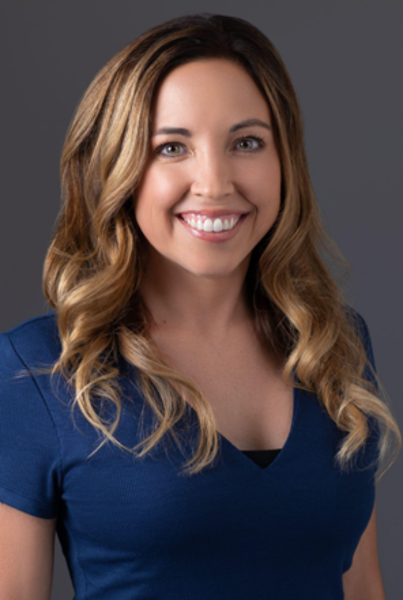
Allison Vande Kappelle, M.A.
Research Coordinator
Allison Vande Kappelle serves as a Research Coordinator at the Department of Native Hawaiian Health at the John A. Burns School of Medicine, University of Hawai‘i at Mānoa. Originally from Georgetown, Delaware, she relocated to Hawai‘i in 2005, where she quickly developed a profound respect and appreciation for the islands’ culture and community.
Allison earned both her Bachelor’s and Master’s degrees in Sociology from the University of Hawai‘i at Mānoa, focusing on the social determinants of health and the structural barriers that influence health outcomes. Outside of her research, Allison enjoys hiking, gardening, and spending quality time with family and friends. Through her work and personal connections, she remains committed to advancing health equity and supporting initiatives that enhance community well-being in Hawai‘i.

Teara Caston
Social Work Practicum Student
Masters of Social Work Practicum Student, Department of Native Hawaiian Health, John A. Burns School of Medicine, University of Hawai’i at Mãnoa. Teara was born in San Diego, California but has called a number of places home including Virginia, Rhode Island, Madrid, Spain, London, UK, and now Hawaii. She has her undergraduate degree in Social Work and a Masters degree in Global Governance and Sustainable Development from Middlesex University. She is a licensed bachelor social worker (LBSW) and has worked in a variety of different fields and settings. She has experience working in community health programs, hospital social work and as an ESL preschool teacher. She has worked as a clinical operations specialist, focused on minimal residual disease (MRD) testing for patients with diagnosed blood cancers such as multiple myeloma. She has even worked as a street fundraiser for Amnesty International in London where she practiced daily rejection therapy (ie. asking the general public for monthly donations) with the goal of raising money to stand against human rights atrocities. She is the 2019 recipient of the Barbara Waine School of Law Prize for Best Dissertation in International Development of International Politics Recipient at Middlesex University for her independent research. Her Master’s dissertation analyzed the imagery and language used in tourism marketing and how it hinders the advancement of sustainable development and perpetuates postcolonial perspectives. She has a passion for helping people, human rights, and advocating for individuals and minority communities' inherent right to self determination. She enjoys going to the beach, traveling to new places, starting a new book and trying to find the best iced matcha on the island.
Ka Malu a Wa'ahila:
The protection or shelter of Wa'ahila
